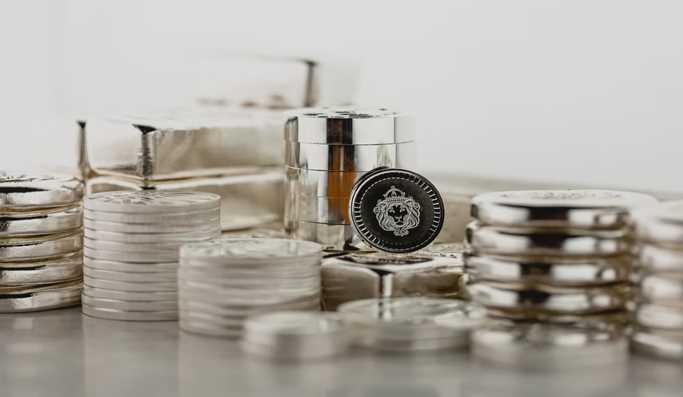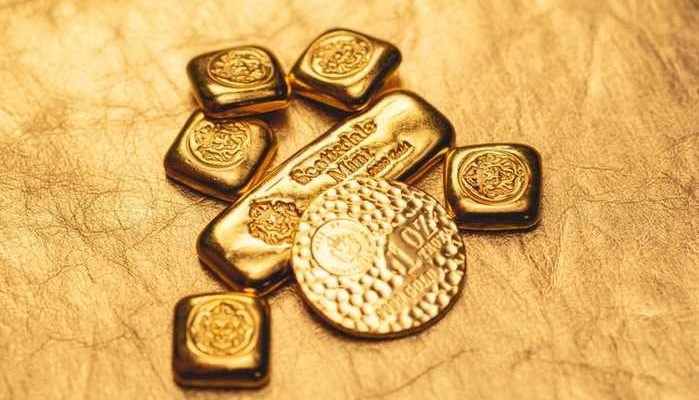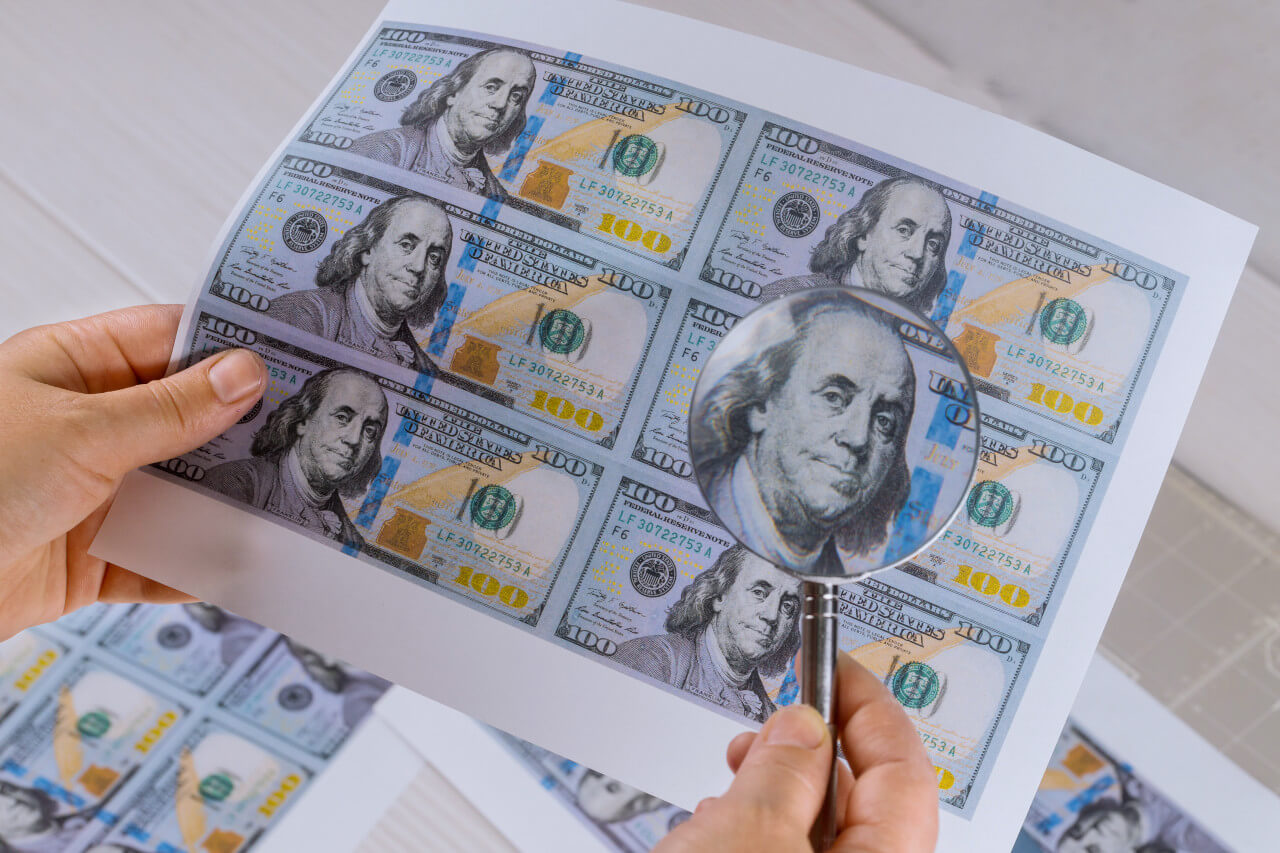Precious metals are often seen as a safe investment, but there are a few things to keep in mind before investing in them. It’s important to know what you’re investing in and to have a solid understanding of the market. These metals can be volatile, so it’s essential to do your research and understand the risks before investing. It’s also important to have a plan for selling or trading your metals in case you need to liquidate your investment. However, investing in precious metals can be wise with proper research and planning.
When most people think of investing in precious metals, they think of buying gold. Gold is often seen as the safest investment, but it’s important to remember that it’s also one of the most volatile. The price of gold can fluctuate greatly, so it’s essential to do your research and understand the risks before investing. Here are a few essential things to consider before investing in precious metals.
Physical, Digital, or Paper?
When people think of investing in precious metals, they imagine physically buying and storing gold bars or coins. However, there are other ways to invest in precious metals. You can also purchase digital assets such as Bitcoin, a virtual gold, or you can invest in paper assets such as ETFs or futures contracts. Each option has its pros and cons, so it’s essential to consider which one is right for you. It’s also worth noting that you don’t have to choose just one option. You can invest in multiple forms of precious metals to diversify your portfolio and reduce your risk.
Allocated or Unallocated Metals?
When you buy precious metals, you have the option of buying “allocated” or “unallocated” metals. Allocated metals are set aside for you and stored in a designated location, usually a bank’s or dealer’s vault. Unallocated metals are not explicitly set aside for any customer and are instead held in the general inventory of the bank or dealer. With allocated metals, you usually have to pay storage fees to the bank or dealer. Unallocated metals do not usually have storage fees associated with them.
The type of account you open will determine whether your purchase is allocated or unallocated. For instance, if you open an unallocated account with a dealer, your purchase will likely be unallocated. On the other hand, if you open a segregated (or allocated) account with a bank, your purchase will probably be segregated (or distributed).
How are Precious Metals Taxed?
Precious metals are taxed differently than other investments, such as stocks and bonds. When you sell precious metals, you may incur a capital gains tax. This tax rate depends on how long you held the asset and your income bracket.
If you plan on investing in precious metals, it’s crucial to understand how they will be taxed, so you can plan accordingly. This will help you maximize your profits and minimize your losses. Though, as with any investment, there is always risk involved.
Which Precious Metals Should I Invest In?
When deciding which precious metals to invest in, there are a few key things you’ll want to take into consideration. It’s important to consider your goals for funding, how much risk you’re willing to take on, and your budget. The most popular precious metals to invest in are gold and silver, but there are other options like platinum and palladium. It’s essential to do your research and understand the pros and cons of each before making any decisions.
Gold is often seen as a safe investment, but can be volatile. The price of gold is affected by inflation, central bank policy, and global events. Gold may be a good option if you’re looking for an investment that will hold its value over time. Also, considering if you can sell gold to a bank is important. This can act as a safety net if the value of your investment decreases. It is also a factor in determining which metal to buy. Selling a bar of gold to the bank is enough to cover 30% of the original investment. Silver, on the other hand, is more volatile than gold but tends to be more affordable.
Can I Take Delivery of My Precious Metals?
Before investing in precious metals, find out if the dealer offers delivery of your metals. Taking delivery of your metals allows you to avoid storage fees and protect your investment should the dealer go out of business. It also allows you to sell your metals directly to a refinery or other dealer, rather than through the dealer you purchased them from. The downside is that you will need to find a place to store your metals, which may be subject to theft if not stored properly. Though, if you take delivery of your metals and keep them at an insured depository, you can rest easy knowing your investment is safe.

Is There a Mark-Up to Spot Metals Prices?
When you buy precious metals from a dealer, they will always charge a mark-up on the spot price to cover their costs and make a profit. The size of the mark-up varies depending on the type of metal, purity, and form (e.g., coins, bars, etc.). For example, gold is often quoted at a higher price than silver because it is more difficult to find and mine. The mark-up also varies depending on the type of dealer. For example, a jeweler will charge a higher mark-up than a coin dealer because they have more overhead costs. It is essential to compare prices from different dealers before purchasing.
In conclusion, there are a few essential things to keep in mind before investing in precious metals. Firstly, it is important to do your research and understand the market before investing. Secondly, consider how you will store and protect your investment. And finally, be aware of the risks involved in investing in precious metals. However, if you are careful and informed, investing in precious metals can greatly diversify your investment portfolio and protect your wealth.



